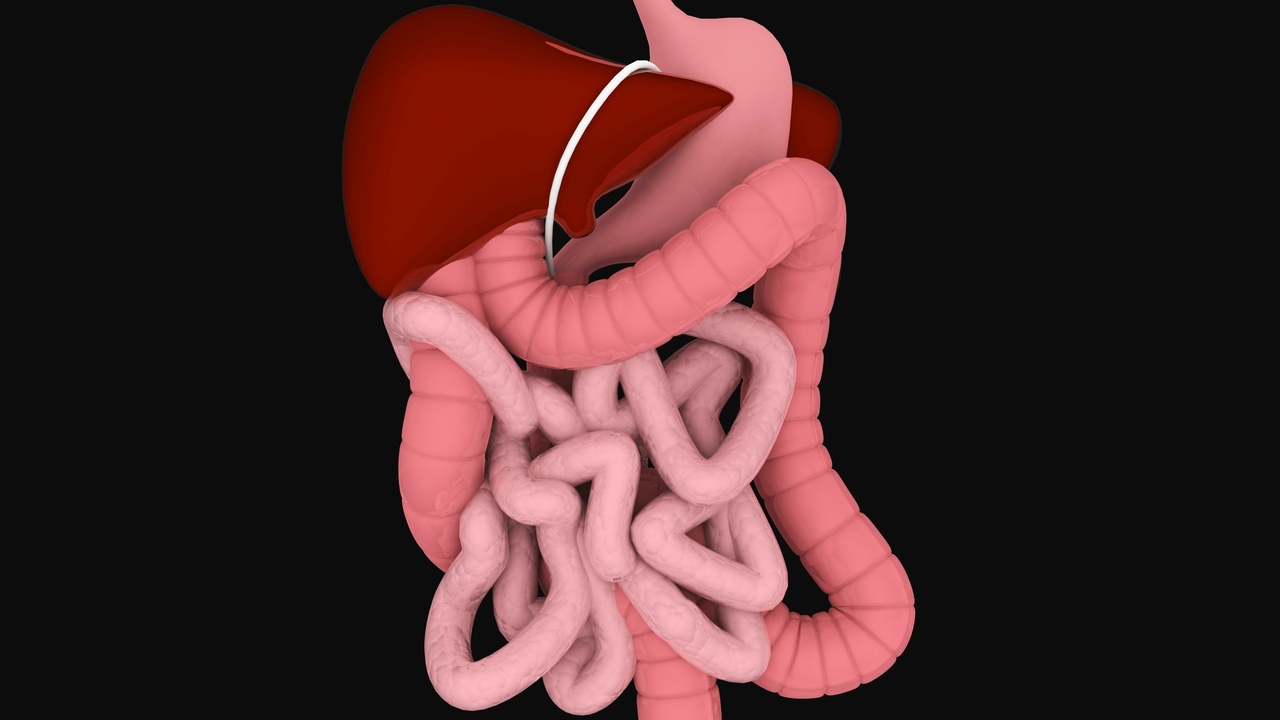 Divakaran Dileep/PhotoSpin
Divakaran Dileep/PhotoSpin
Research has been shining new light on the human microbiome as a possible factor in who gets rheumatoid arthritis and other autoimmune illnesses. The microbiome is the collection of microbes that have residence in our gastrointestinal tracts.
This community is made up of trillions of cells and usually weighs one to three pounds. Each of us has more microbiome cells than our own cells. This can be so because bacteria cells are much smaller than human cells.
Medscape.com describes the gut microbiome as being important in developing and maintaining our immune systems. The more information becomes available, the greater the chance that new and better treatments may become possible.
These bacteria are now believed to influence many aspects of our lives. Some can prevent some diseases while others may trigger illnesses.
As autoimmune illnesses have been multiplying in the last few decades, microbiome research, as well as study of the compounds produced by microbes, may hold a key or two in treating and/or preventing some of these diseases.
Jose Scher, a rheumatologist at New York University and the director of NYU’s Microbiome Center for Rheumatology and Autoimmunity, saw a potential connection between rheumatoid arthritis and intestinal bugs. He is hopeful that further data about the microbiome in the future may make arthritis treatment a future reality.
Martin Blaser, a microbiologist at NYU, as reported in an article on TheAtlantic.com, observed that our microbiomes have gone through drastic changes in the last hundred years. These changes have sped up in the last half century, due to differences in our diets, the increased effects of chemicals and diminished exposure to nature, and the pervasive antibiotic presence medically and in our food.
Researches say that members of our microbiome use us to avoid attack by other invaders, and actively influence our immune systems for their own advantage. Unfortunately while they are protecting themselves, our immune systems may be out of balance because of this, leaving us more vulnerable to other bacteria, as well as autoimmune conditions.
Two-thirds of your immune cells are in your gut. Microbes play enormous roles in the health of the gut. And the gut plays a highly significant role in the health of the rest of the body. The gut has immune cells that can trigger inflammatory cells elsewhere, including in the joints.
Sounds like rheumatoid arthritis, doesn't it. Still, similarities are not proof, and much more research is needed concerning arthritis and the microbiome.
The microbiome may turn out to be a real and important factor in the emergence of rheumatoid arthritis, and other rheumatic conditions. But a connection here has not been absolutely proved.
Medscape reported that probiotics may be valuable. Scher indicated in The Atlantic article that diet modification can make a positive difference for those who have RA. He is less convinced that probiotic supplements are helping those who take them, though he also doesn't think they cause any great harm either.
Sources:
Bacteria in the stomach may be to blame for RA. TheAtlantic.com. Retrieved Aug. 25, 2015.
http://www.theatlantic.com/health/archive/2015/01/joint-pain-from-the-gu...
Microbiome and Probiotics: Link to Arthritis. Medscape.com. Retrieved Aug. 25, 2015.
http://www.medscape.com/viewarticle/826570
Visit Jody's website at http://www.ncubator.ca and http://ncubator.ca/blogger
Reviewed August 26, 2015
by Michele Blacksberg RN






Add a CommentComments
There are no comments yet. Be the first one and get the conversation started!